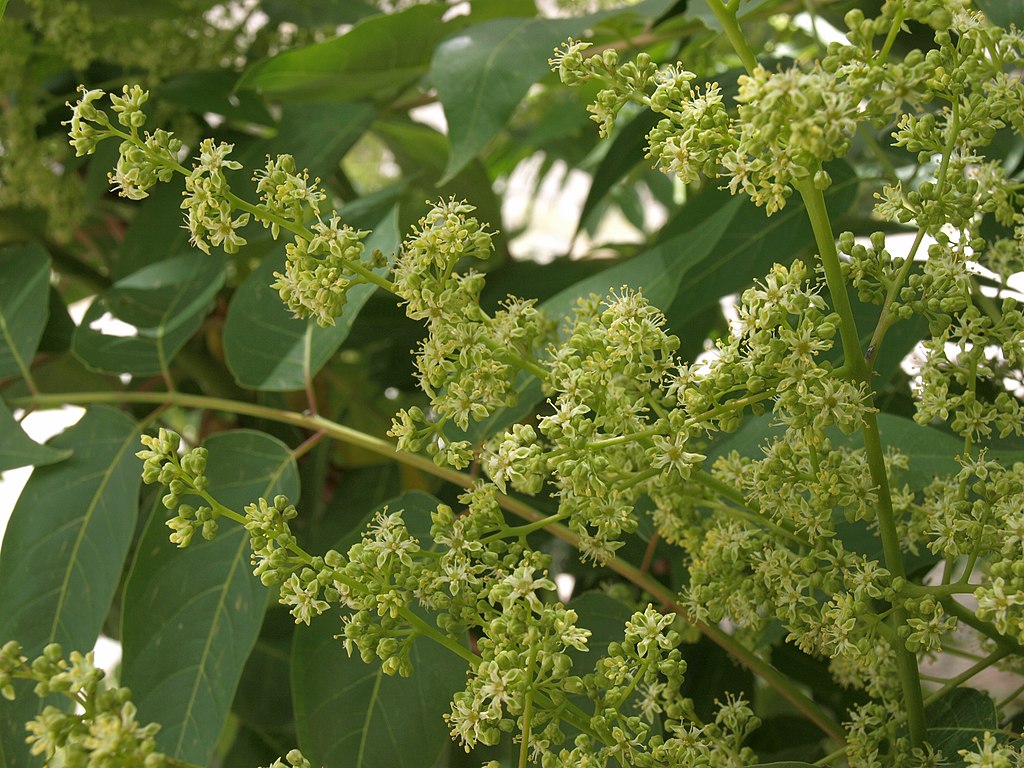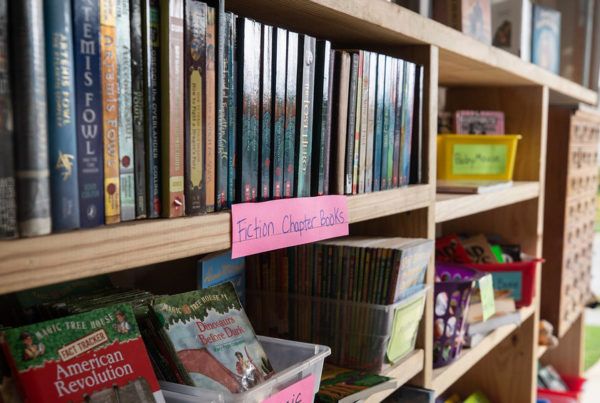Plant diversity is declining thanks largely to a worldwide rise in invasive species.
Non-native plant species are spreading faster than ever because of globalization, according to Barnabas Daru, assistant professor of biology and herbarium curator at the University of Texas A&M-Corpus Christi. He spoke to Texas Standard about a study he led on what’s causing the decline in plant variety. Listen to the interview with Daru in the audio player above or read the transcript below.
This interview has been edited lightly for clarity.
Texas Standard: What are the major factors behind this decline in the variety of plant life out there?
Barnabas Daru: We are in this biological epoch called the Anthropocene. During this time we’re witnessing high human population growth, the climate is changing so rapidly and species are going extinct at a rapid rate. Species are also being introduced outside of their natural ranges beyond historical rates.
So, for this study, we looked at just the last two processes: species extinctions and natural realizations — that’s how non-native species are introduced to your ranges. These two processes, together, can combine into what is referred to as “homogenization,” and what this means is that plant communities are becoming more similar than they were historically.
Could you explain why biological diversity among plant life matters?
It is so important because ultimately our lives, both humans and all the other organisms, are linked and intertwined in so many ways. So we depend on plants directly for food, for fresh air, for so many things, like medicine. So if there is any sort of disconnect — especially because plants are at the beginning of the food chain — then there’s this huge cascading effect on all the other organisms that depend on plants. So it’s so important that we understand how human activities are driving changes in plant communities because of this and many other reasons out there.
Is there an example you could point to in Texas where we’re seeing this sort of homogenization?
We have lots of invasive plants that are introduced from other parts of the world, including things like the King Ranch bluestem that is originally from Europe or some northern parts of Africa. And they are now introduced here, and some of the ecological impact signs are that these grasses tend to form vast monocultures that can crowd out native plants. The consequences are that they can destroy habitats for some native birds like quail and other grassland birds.
Other examples are the Tree of Heaven plant – it’s a tree originally native to central China and Taiwan. One of the ecological impacts of this plant is that it tends to release some sort of a chemical around where it grows that suppresses the growth of other plants. So it sort of outcompetes other native species and consequently, those native species are not able to thrive.
There are so many examples out there and maintaining the distinctiveness of these plants — especially because of the benefits we derive from them, what they do for the ecosystem, is so vital that we are worried that we are losing this at a very fast pace.
Given globalization and given what you’ve already described, is there anything that can be done about this trend at this point?
There are things that can be done. One reason that we do the research we do, is to help create the awareness that this is actually happening because how species are introduced to new environments sometimes can be intentional or unintentional.
So the first thing we can do is to know that this is happening. And the second thing is actually to be very intentional at stopping the intentional reasons or understand the consequences of what those intentional exchanges are doing. Other ways are to physically remove the invasive species as they establish populations in new environments. Many places around the globe have programs that actively remove these invasive plants or plants that are causing problems in the ecosystem. So those are some steps that can help toward stopping, or at least minimizing, species invasions.
This story has been updated to correct a misspelling of the Barnabas Daru’s name.














